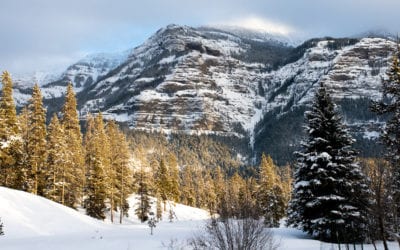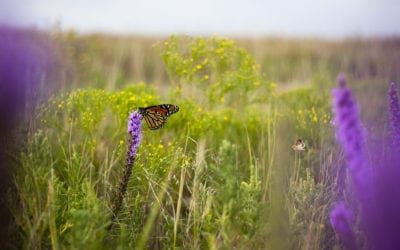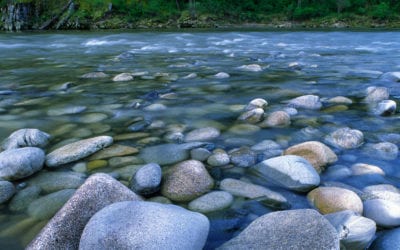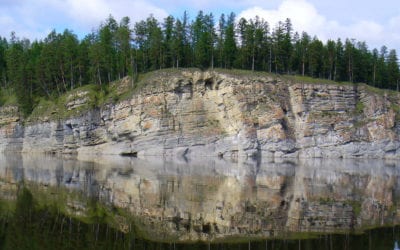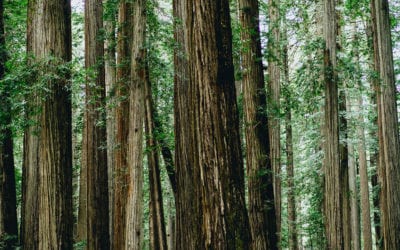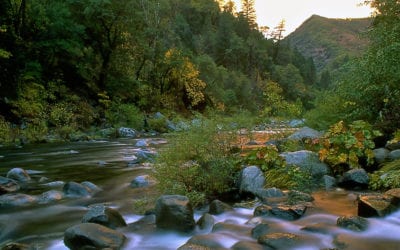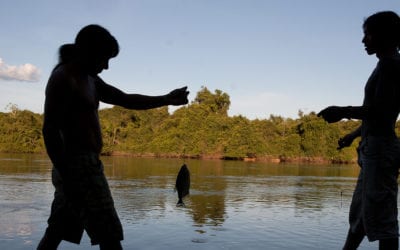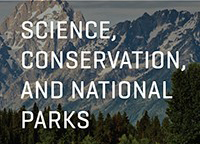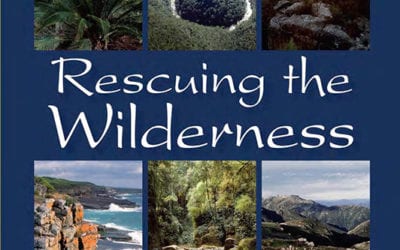Photo © Morgan Heim
In this issue
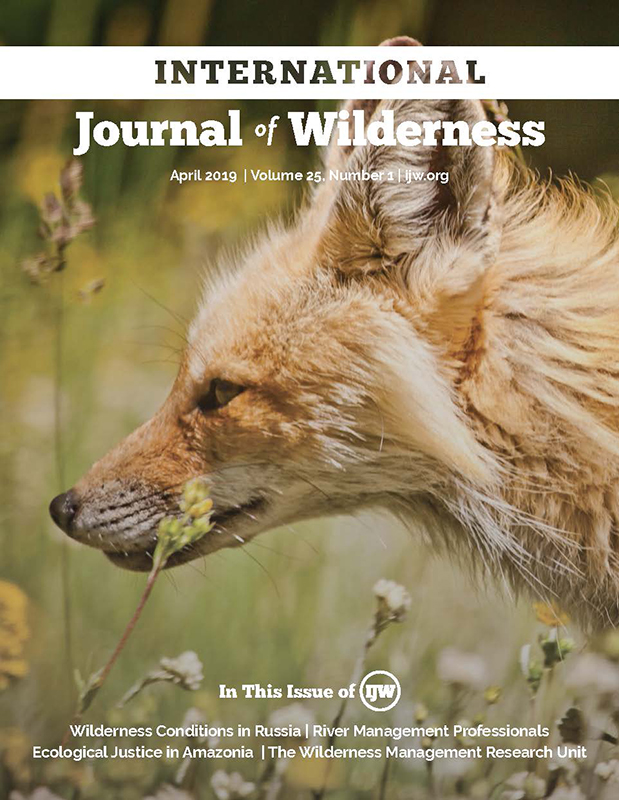
In this issue of IJW, we explore insights from the 2018 National Wilderness Workshop. Vladimir Bocharnikov and Falk Huettmann discuss wilderness conditions as ecological indicators in Russia. David Cole documents the history and contributions of the Wilderness Management Research Unit. Finally, Helen Kopnina examines rights and ecological justice across Amazonia.
Get started by reading the articles below. You can also view and/or download the full issue at the bottom of this page.
Articles
Personal Restraint and Responsibility for Protected Areas in Crisis
“How can a society champion the public good in one instance, and yet willfully damage and undermine that same good in another?”
Wilderness Was Not America’s New Idea: Exploring a New Wilderness Stewardship Ideal at the 2018 National Wilderness Workshop
As tribes across the United States seek to regain their sovereignty and access to ancestral lands and ecosystems, we as managers can be visionary and create a management model that extends beyond a seat at the table.
Did #MakeYourSplash Make a Splash?
In 2018, we celebrated the 50th anniversary of the birth of our Wild and Scenic River System. Created in 1968 with only eight rivers, the system has grown to include more than 12,000 miles (19, 312 km) and over 200 protected rivers.
Wilderness Condition as a Status Indicator of Russian Flora and Fauna: Implications for Future Protection Initiatives
In Russia, three large federal districts in the Asian part of the country hold the majority of the remaining large areas of undisturbed contiguous flora and fauna, totaling more than 9 million square kilometers (3,474,919 sq. miles; 54.6% of Russia).
Pioneers of Wilderness Research: The Wilderness Management Research Unit
The year 1964 was a landmark for important legislation in the United States. Among the bills passed that year was The Wilderness Act, which created a new category of public lands.
#TheRiverisMyOffice
“You have met #theriverismyoffice river managers and others who work in river-related professions. Their stories paint a picture of a richly committed, enthusiastic group of people responsible for many aspects of the rivers on or in which we rely.”
Indigenous Rights and Ecological Justice in Amazonia: Exploring Ethics of Wilderness Conservation
Anthropologists, political ecologists, and social justice advocates working in biological conservation have mediated between discriminated communities and outsiders, particularly helping to influence public opinion and bring attention to indigenous rights through advocacy work.
Book Review
In sum, this book is a thoughtful, insightful snapshot of the many challenges facing protected area agencies and the constantly changing role of science in helping address these issues.
Book Review
Australia has played a seminal role in developing the concept of wilderness as a distinct protected area, worthy of special recognition, designation, and management.
View the full journal
Please note: Individual electronic access, passwords, and IP address access are intended for the subscriber only. These means of access should not be shared, posted, or distributed without the consent of the IJW team.
To download: click the button above, and then click the download button at the top left corner of the newly opened tab.

